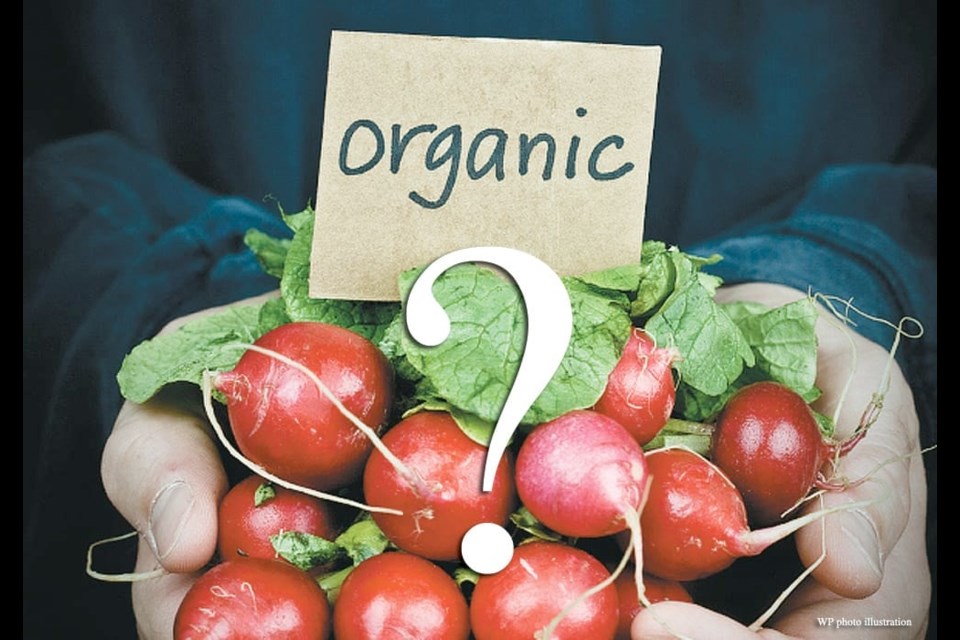WESTERN PRODUCER — The Strengthening Organic Enforcement (SOE) Final Rule was published Jan. 19 and takes effect March 19, 2024.
It is the largest revision to U.S. organic regulations since they were first published in 2000.
The changes were made to address organic fraud and to protect consumer trust in the sector, Tom Chapman, the Organic Trade Association’s chief executive officer, told delegates attending the U.S. Department of Agriculture’s Agricultural Outlook Forum.
Once that trust is broken it can never be fully restored.
“It has to be highly prized and highly protected,” he said.
A series of fraud cases that have rocked the sector in the last few years has threatened this trust.
In 2017 the Washington Post reported on millions of pounds of fraudulent soybeans being imported into the U.S. from the Black Sea.
In 2019, the U.S. Department of Justice took enforcement action against an Iowa broker selling fraudulent grain.
And just last year a Minnesota farmer was caught doing the same thing.
Chapman said fraud is becoming more prevalent because organic agriculture has become a US$63 billion market, up from $6 billion in 2000, and there are no signs of the growth letting up.
The isolated fraud cases are hurting the more than 46,000 certified operations that are playing by the rules, Chapman said.
One of the big fixes in the new regulations is that the enforcement now applies to traders, brokers, storage facilities and other entities that function between the farmer and the retailer.
The rules require them to trace their products, be audited by a third party and have control systems checked annually.
Every pound of product imported into the U.S. will now require an import certificate issued by a certifying body in the exporting country. The USDA will ensure imports match up with acreage and yield data of the exporting nations.
And every certified operator must now have a fraud prevention plan that matches the scale of their operation. The Organic Trade Association has produced a guide to help in that process.
Contact [email protected]

